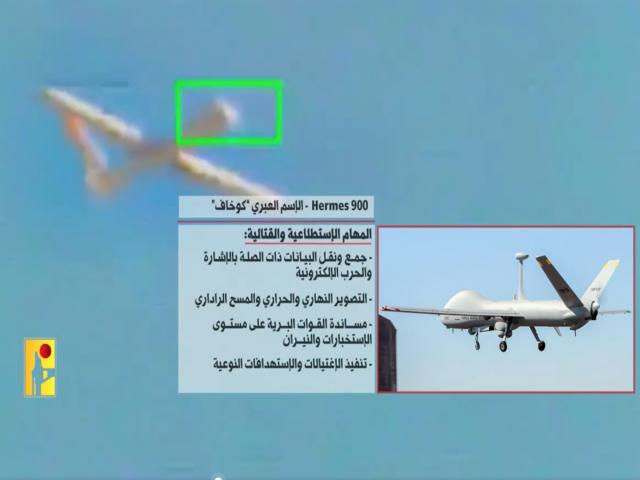In a recent operation that underscores the ongoing tension in the region, the Israeli Defense Forces (IDF) launched precision airstrikes on Hezbollah's air defense units situated in the Baalbek area of northeastern Lebanon. This decisive action by the IDF was a direct response to Hezbollah's aggressive posture, specifically their downing of an Israeli military drone. The airstrikes meticulously targeted a compound and the infrastructure crucial to Hezbollah's air defense capabilities within the Baalbek District, with the strikes hitting specific locations in Janta—a rugged area close to the Syria border—and Sifri, strategically located in the heart of the Bekaa Valley. Despite the severity of the strikes, Lebanon’s Civil Defense Department confirmed that there were no casualties, underscoring the precision of the operation.
Baalbek, recognized widely as a bastion for Hezbollah, is situated roughly 100 kilometers away from the Israeli border. This operation represents the fifth Israeli strike in the Baalbek region amid the current escalations in the Gaza Strip, highlighting the IDF's strategic approach to neutralizing threats across the border. According to IDF statements, this retaliatory measure was necessitated by Hezbollah's audacious action of shooting down an Israeli drone over southern Lebanon with a surface-to-air missile—a clear provocation.
🇮🇱🇱🇧 FOOTAGE OF HEZBOLLAH SHOOTING DOWN ISRAELI DRONE https://t.co/FgJwE0lt7s pic.twitter.com/2e1aaYykP4
— Mario Nawfal (@MarioNawfal) April 7, 2024
The downed drones, identified initially as an Elbit Hermes 450 and later corrected to a Hermes 900, are integral to the IDF's surveillance and offensive operations. This incident, coupled with Hezbollah's previous success in downing a Hermes 450 drone in February, has prompted the IDF to intensify its operational activities in Lebanon, aiming to deter further aggressions.
The current series of events unfolds against a backdrop of heightened regional tensions, further exacerbated by an Israeli strike in Damascus that led to the unfortunate demise of seven members of the Islamic Revolutionary Guard Corps, including a senior Quds Force commander. This incident has stirred threats of retaliation from Iran, with Hezbollah reiterating its support for Iran's position in the conflict.
Hezbollah terrorists launched 30 missiles against the Upper Galilee and the Golan Heights a few moments ago. No reports yet of damage or injury.
— Marc Zell (@GOPIsrael) April 7, 2024
Amid these developments, Hezbollah leader Hassan Nasrallah has made bold declarations regarding the group’s extensive capabilities, which he suggests have yet to be fully deployed in the conflict. This comes as Hizbullah-led forces have carried out near-daily attacks on Israeli borders since the October 7 Hamas attack, indicating a potential escalation in hostilities. In response, Israel has taken proactive measures by mobilizing additional troops and elevating its defense readiness, preparing for any eventualities in this tense regional standoff.


